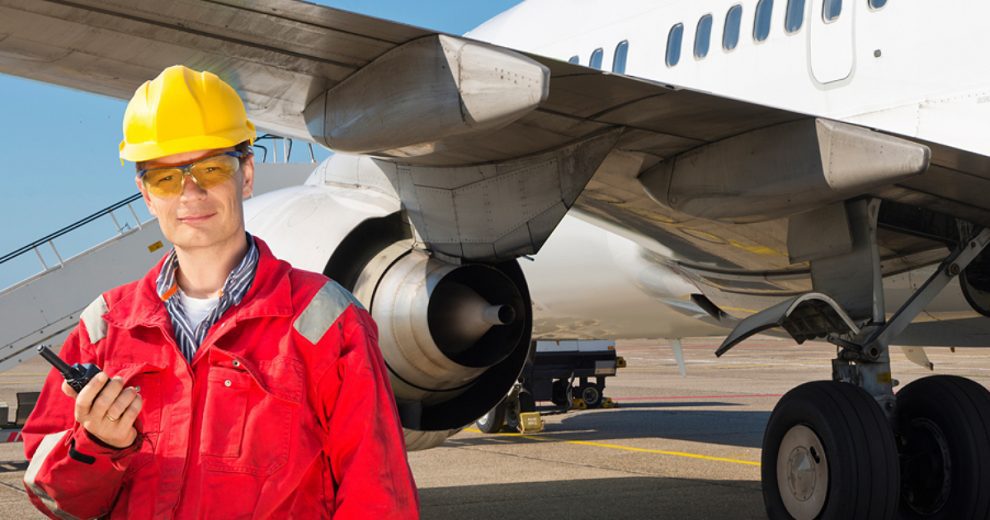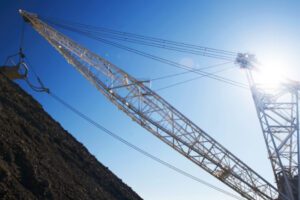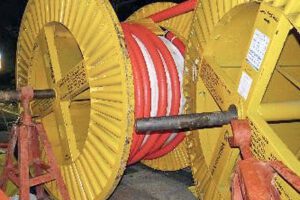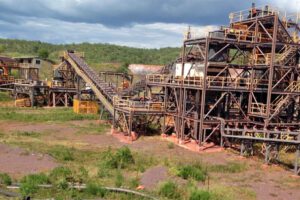Remote mine employees are more likely to experience daytime distress and poor work performance, researchers found.
One of the world’s largest industry studies revealed fly-in fly-out (FIFO) staff miss out on valuable sleep and individual lifestyle behaviours.
The study monitored 75 FIFO shift workers across Australia, and found starting work before 6am significantly reduced their opportunity to rest. This potentially caused poor alertness and fatigue over a roster of up to 14 consecutive shifts.
“People are typically working shifts in excess of 12 hours plus travel, time for eating, exercise and downtime,” Edith Cowan University research supervisor Ian Dunican said in a public statement.
“When all these activities are combined, it leaves little opportunity to get eight hours of sleep. The reality is many workers are getting less than seven hours of sleep per night.”
Researchers also found sleep duration was 77 minutes shorter after each night shift, compared to just 30 minutes less after day shifts. This resulted in an accumulated sleep debt before each seven-day rest period began.
Up to 60 per cent of participants were at risk of developing obstructive sleep apnoea and shift work disorder, which can cause further sleep loss, weight gain and hazardous alcohol consumption.
“This creates a largely preventable health and safety risk,” Dunican said.
“Limited down time and struggles with falling asleep may also be influencing alcohol consumption. People may be turning to alcohol to help them get to sleep but it is actually having a damaging effect on the quality of their sleep and their overall health.”
Glencore previously announced it would introduce a roster of seven days on, seven days off across its Mount Isa Copper Operations (MICO) starting in February 2022.
“The change will improve work/life balance for our MICO employees in a number of ways, including having every second weekend off,” the company said according to Australian Community Media. “It also allows us to more easily transfer workers between the two sites to improve productivity.”
The employer previously introduced the same roster with favourable results at the George Fisher Mine. The company dismissed community concerns that the new roster might attract more FIFO and drive-in drive-out (DIDO) workers.
“We did that at George Fisher a few years back and we did not see the move to FIFO or DIDO that people were worried about,” Glencore copper assets chief operating officer Matt O’Neill said.
Related articles
FIFO charter plane makes ‘scary’ emergency landing
Flash flooding closes multiple Qld projects, prompts air evacuation
100 per cent FIFO worker ban stays in force
FIFO workers wanted for vaccine drive.














I’ve been working in the mining industry for over forty years and they still do day shift before night shift, hundreds of shift worker fly back to Perth airport with no sleep and get into there vehicles and drive home fatigue. Night shift should be done first and days last and then the drive home would be safer and it would be better for the family’s to have fresh and not so grumpy partner return home and safe. Mining industry have a duty of care to look after there workers at work and at home this would stop a lot of the problems associated with shift workers. Thanks David